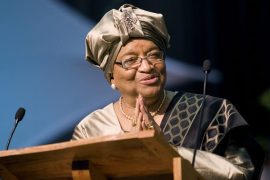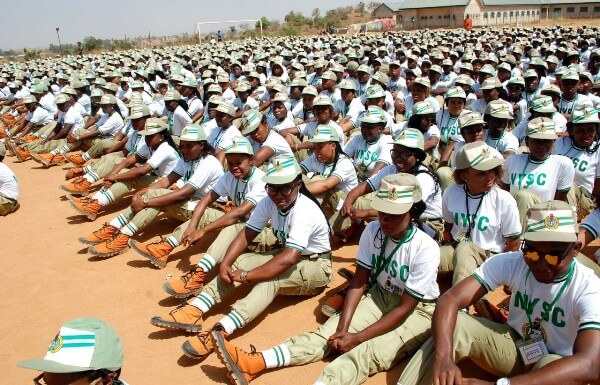African Women in Politics: The odds, the gains

Photo Credit: Face2Face Africa
By Justice Nwafor
When Ellen Johnson Sirleaf, the immediate past President of Liberia and first ever African female President, rode in open vans together with her party stalwarts canvasing for votes, some political pundits never gave her a chance.
When she asked the war-traumatised people of Liberia to give her a chance to put the then shattered country back on the heels of progress, security, peace and development, the patriarchal African society never saw her anywhere near the Presidential mansion. Even the Liberian male dominated society never envisaged a female President. But today the Harvard trained Sirleaf has broken the glass ceiling. She did not just break it once but twice – the most the country’s Constitution gives her power to.
She first contested in 1997 against Charles Taylor, but the Warlord had his way in what the international community could not refer to as election. It was a real disgrace to the word – election.
In 2005, she contested again, not deterred by heightened intimidation. This time, just about two years after the end of the 14 year civil war that ravaged the country, the Liberian voters spoke so loudly. On January 16 2006, history was made. Ellen Johnson Sirleaf was sworn in as the first ever elected female African President.
Six years after, she also won a re-election and was sworn in for a second tenure.
During the oath taking in 2006, standing in front of the Liberian flag with her left hand placed on a Bible, she pledged to “faithfully, conscientiously and impartially discharge the duties and functions of the office of president of the Republic of Liberia to the best of my abilities, so help me God.”
She assured Liberians that she was fully aware of the mandate given to her when stated that “We recognize this change not a change for change’s sake, but a fundamental break with the past, therefore requiring that we take bold and decisive steps to address the problems that have for decades stunted our progress”.
Twelve years after, Liberia is better for it. Not devoid of challenges, the then shattered economy has been put on the heels of progress, prosperity.
Ellen Johnson Sirleaf was elected President when Liberia was in ruins, to the point of no electricity in the capital, moronvia. But the story is different today, even though it’s not yet Uhuru for the country.
At least, she handed over a more prosperous country to Mr George Weah than she met it.
The story of Ellen Johnson Sirleaf was specifically chosen to point to the doggedness, and inner strength of African women in politics. Who could had believed that an African woman could win Presidential election in a patriarchal society as ours, as far back as 2006? In a society where the woman is culturally relegated to the background. Where she’s best at household chores. Where she is intimidated. Where she’s denied her right to formal education.
Away from Liberia, there exist African women in the various African countries who have, against all odds, succeeded in politics. From South Africa where Mlambo-Ngcuka, served as the country’s first female vice president (2005-2008), to Nigeria where women have consistently been in charge of one of the most important sectors of the country – economy. During the administration of the former President of Nigeria, Goodluck Jonathan, a woman, Ngozi Okonjo Iweala, coordinated the economy and performed very well. Currently in the same country, a woman, Kemi Adeosun is also in charge of the economy.
The list, no doubt, goes on.
From Nigeria to the other African countries, women are blazing the trail, even in business.
Encouraging women to delve into politics, and putting the right mechanisms in place to help them succeed have much positive ripple effect on the society.
When women are in power, according to Ugandan Winnie Byanyima, executive director of Oxfam International “you get policies that benefit women, children and families in general. It is not about men against women, but there is evidence to show through research that when you have more women in public decision-making, you get the best policies.
“So, women tend, when they’re in parliament, for example, to promote women’s rights legislation. When women are in sufficient numbers in parliaments they also promote children’s rights and they tend to speak up more for the interests of communities, local communities, because of their close involvement in community life,” she added.
If Africa really wants to move out of endemic corruption, and underdevelopment, women are indispensable.
If Africa really wants to move out of endemic corruption, and underdevelopment, women are indispensable.
If Africa really wants to move from it’s current state to a better one, more opportunity should be given to women.
Let African countries start with reserving 30% of elected positions for women as agreed in Beijing in 1995, first, and we would all see the tide change in no distant time.




